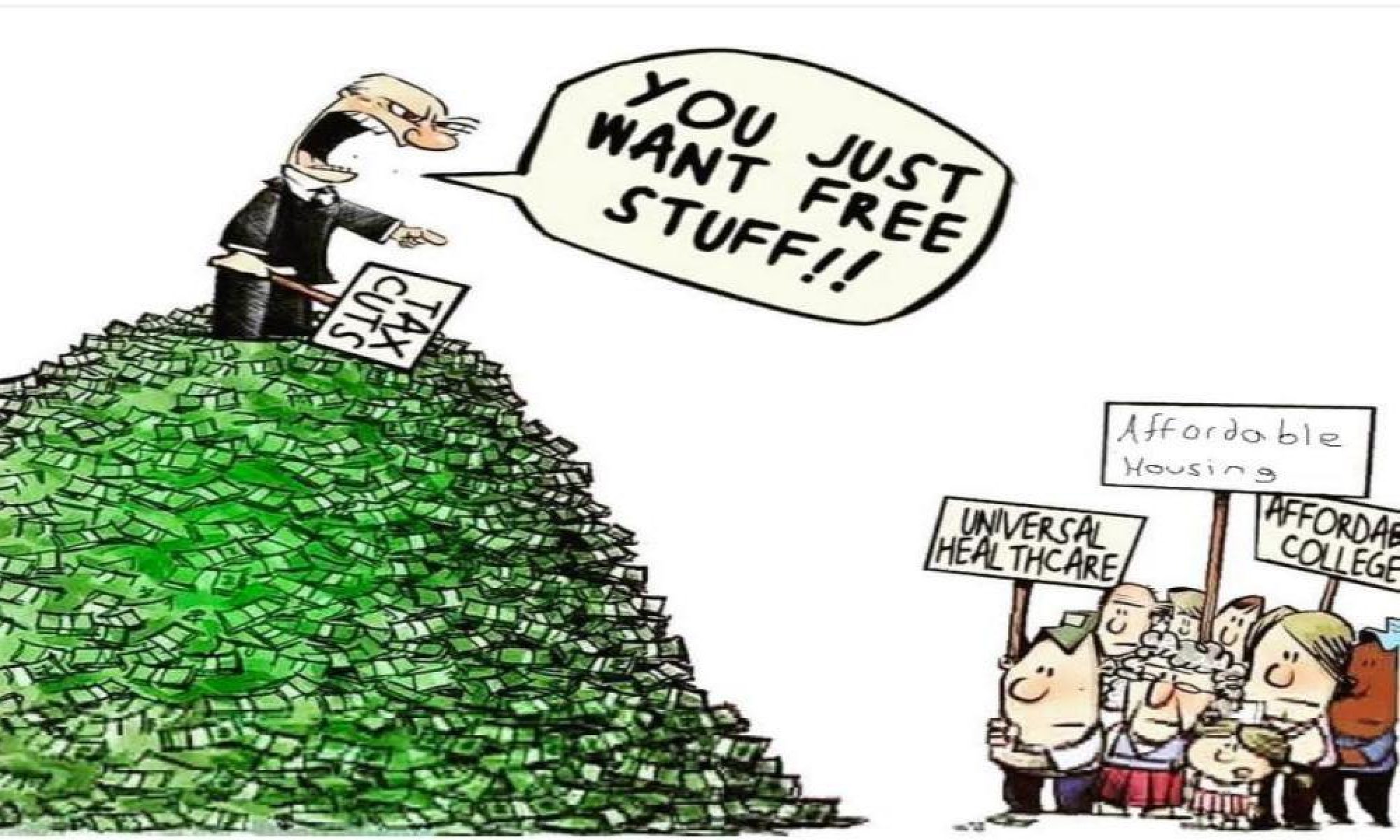The forcible removal of Indigenous children from their families.
What happened and why?
The forcible removal of Indigenous children from their families was part of the policy of Assimilation. Assimilation was based on the assumption of black inferiority and white superiority, which proposed that Indigenous people should be allowed to “die out” through a process of natural elimination, or, where possible, should be assimilated into the white community.[1]
Children taken from their parents as part of the Stolen Generation were taught to reject their Indigenous heritage, and forced to adopt white culture. Their names were often changed, and they were forbidden to speak their traditional languages. Some children were adopted by white families, and many were placed in institutions where abuse and neglect were common.[2]
Assimilation policies focused on children, who were considered more adaptable to white society than Indigenous adults. “Half-caste” children (a term now considered derogatory for people of Aboriginal and white parentage), were particularly vulnerable to removal, because authorities thought these children could be assimilated more easily into the white community due to their lighter skin colour.[3]
Assimilation, including child removal policies, failed its aim of improving the lives of Indigenous Australians by absorbing them into white society. This was primarily because white society refused to accept Indigenous people as equals, regardless of their efforts to live like white people.
Ruth’s story
When Ruth was 4 years old, she was separated from her mother on Cherbourng mission in Queensland. Ruth was 6 months old when she first arrived at Cherbourg. Times were tough; it was during the Depression, and Ruth’s mother had gone to Cherbourg seeking help for her ageing parents.
But once she arrived at the mission, Ruth’s mum was prevented from leaving. What was intended as a temporary visit became years of separation and control. “People would say it was for your own good, but my own good was to stay with my mum,” says Ruth.
At first Ruth was allowed to stay with her mum in the women’s dormitory. But eventually every child was removed to a separate dormitory. Ruth was 4 when she was taken from her Mum. “Once you were taken from your parents, you had no more connection with them,” she explains.
For a short time, Ruth still saw her Mum from a distance. But when Ruth was 5, her mother was sent away from Cherbourg and forced to leave her daughter behind.
Why does the Stolen Generations still matter today?
The forcible removal of Indigenous children from their families had a profound impact that is still felt today.
For the children who were taken:
- Many were psychologically, physically, and sexually abused while living in state care or with their adoptive families.
- Efforts to make stolen children reject their culture often caused them to feel ashamed of their Indigenous heritage.
- Many children were wrongly told that their parents had died or abandoned them, and many never knew where they had been taken from or who their biological families were.
- Living conditions in the institutions were highly controlled, and children were frequently punished harshly, were cold and hungry and received minimal if any affection.
- The children generally received a very low level of education, as they were expected to work as manual labourers and domestic servants (see Unfinished Business).
- Medical experts have noted a high incidence of depression, anxiety, post traumatic stress and suicide among the Stolen Generations [4]
For their families:
- Many parents never recovered from the grief of having their children removed.
- Some parents could not go on living without their children, while others turned to alcohol as a coping mechanism.
- The removal of several generations of children severely disrupted Indigenous oral culture, and consequently much cultural knowledge was lost.
- Many of the Stolen Generations never experienced living in a healthy family situation, and never learned parenting skills. In some instances, this has resulted in generations of children raised in state care. [5]
What has been done about this?
In 1995, the Australian government launched an inquiry into the policy of forced child removal. The report was delivered to Parliament on the 26th May 1997. It estimated that between 10 per cent and 33 per cent of all Indigenous children were separated from their families between 1910-1970.
The report, Bringing Them Home, acknowledged the social values and standards of the time, but concluded that the policies of child removal breached fundamental human rights. The Keating government commissioned the inquiry into the Stolen Generations, but the Howard government received the report. Howard’s government was skeptical of the report’s findings, and largely ignored its recommendations.
Stop and think: losing the ones you love most
What would you do if one day the police turned up to your home and took your children away simply because of the colour of your skin? How would you feel knowing you had no way of getting your children back and no higher authority to appeal to?
Imagine if one day you were at home with your parents and government officials came and took you away to live with strangers, and told you that you had to learn to live, eat, speak and dress differently than you were used to. How might that experience continue to affect you throughout your life?
Almost every Indigenous family has been affected by the forcible removal of one or more children across generations. Many people, families and communities are still coming to terms with the trauma that this has caused.
https://www.australianstogether.org.au/discover/australian-history/stolen-generations

